Toshiba won’t sell chip business before end of fiscal year, source says
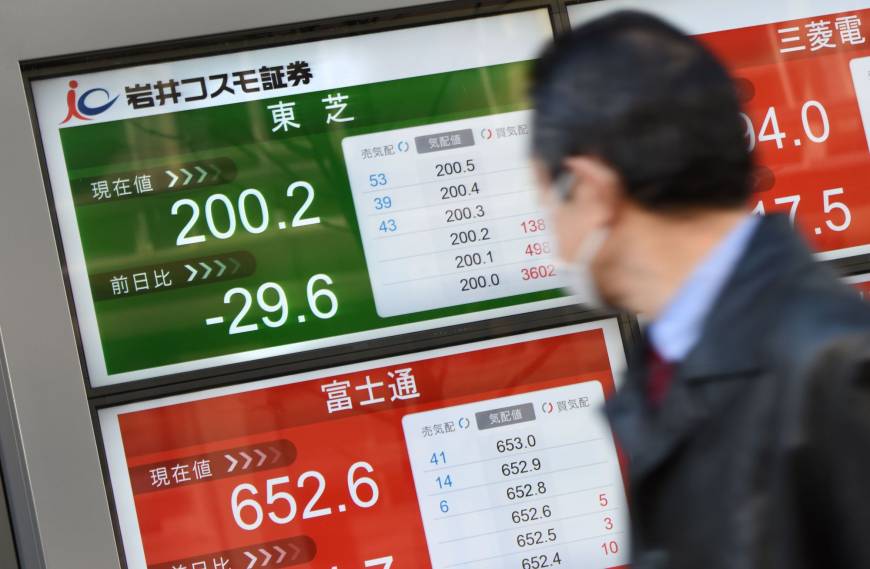 |
| A man looks at a screen displaying Toshiba's share price in front of a securities company in Tokyo on Wednesday. | AFP-JIJI |
Toshiba, which was listed on the first section of the Tokyo Stock Exchange in 1949, will be downgraded to the second section if it fails to avoid negative net worth by the end of the fiscal year on March 31.
Toshiba’s decision comes a day after the company estimated a loss of ¥712.5 billion ($6.23 billion) from its U.S. nuclear business in the April-December period and fell into negative net worth of ¥191.2 billion at the end of December.
President Satoshi Tsunakawa said at a news conference Tuesday that his company is looking to bolster its capital by selling a majority or even the entire stake in its chip operation after spinning it off. But he did not specify the timing.
Fears grew among its creditors that if it sells the chip business now the manufacturer may be forced to bargain it away. The 140-year-old conglomerate decided to take its time to try to sell the profitable operation at a higher price.
Toshiba’s chip business is believed to have a value of ¥2 trillion ($17.46 billion).
“It doesn’t have to rush to sell it at a lower price,” a senior official at one of Toshiba’s creditors said.
Whether it sells a stake in the core chip business by the end of March or later, Toshiba is still in dire need of a new growth strategy.
The move means its business strategy centering on three pillars — the chip and nuclear operations as well as social infrastructure — has stumbled less than a year after it was announced.
Selling the chip operation would leave the company with no core profit-making business after it sold another cash cow, its medical equipment unit, to Japanese imaging powerhouse Canon Inc. last year as part of restructuring steps to weather an accounting scandal.
“Now that they are letting go their crown-jewel memory chip business, it is really unclear what will be Toshiba’s profitable business for a turnaround,” said Masayuki Kubota, chief strategist at Rakuten Securities.
Its chip and device division posted an operating profit of ¥78.3 billion in the first half that ended in September, contributing 81 percent of its overall operating profit.
Toshiba is the world’s second-biggest producer of NAND flash memory chips after South Korea’s Samsung Electronics. The chips are used in devices such as smartphones.
Kubota said Toshiba’s survival strategy was illogical because companies should keep hold of their competitive operations.
“But for Toshiba, it’s the complete opposite,” he said.
During a meeting on Wednesday, three major creditors — Mizuho Bank, Sumitomo Mitsui Banking Corp. and Sumitomo Mitsui Trust Bank — agreed to continue extending loans to Toshiba, but some local banks expressed frustration over the company’s poor corporate governance, sources said.
The meeting was supposed to end in the morning but was extended into the afternoon.
Toshiba is in a rough spot given revelations by a whistleblower who has claimed deficiency in internal control at its U.S. nuclear unit, Westinghouse Electric Co., over the acquisition of CB&I Stone & Webster.
Its auditor has asked Toshiba to investigate the matter and, if true, to assess the impact on its earnings.
Japanese ratings agency Rating and Investment Information Inc. said in a release Wednesday, “Attention should be paid to whether such issues will adversely affect Toshiba’s liquidity, including lender banks’ willingness to provide support.”
The rating agency has downgraded its issuer rating by three notches to B.
What the stars mean:
★ Poor ★ ★ Promising ★★★ Good ★★★★ Very good ★★★★★ Exceptional
Latest News
More News
- MoIT proposes scheme to boost renewable energy procurement (April 17, 2024 | 14:05)
- Suitable roadmaps can help SMEs in the ESG mission (April 17, 2024 | 08:56)
- Low emissions to stem from advances in rice (April 17, 2024 | 08:49)
- Lotte Rental enters Vietnam's car rental market (April 16, 2024 | 18:46)
- Samsung returns to top of the smartphone market: industry tracker (April 16, 2024 | 18:00)
- VitaDairy partners with KPMG Vietnam on digital transformation (April 16, 2024 | 16:38)
- Boeing says testing of 787 proves aircraft is safe (April 16, 2024 | 16:00)
- PwC rejects allegations on Evergrande audit (April 16, 2024 | 14:39)
- VinFuture Fund launches InnovaConnect 2024 event series (April 16, 2024 | 09:00)
- Vietnam’s agricultural products appeal to foreign customers (April 15, 2024 | 17:04)



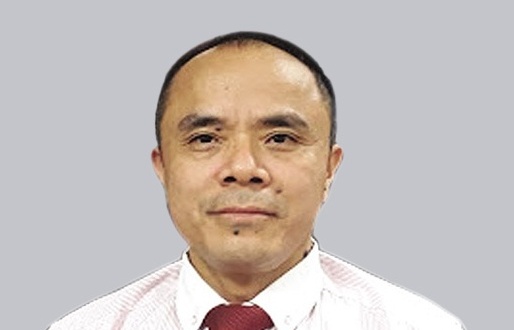


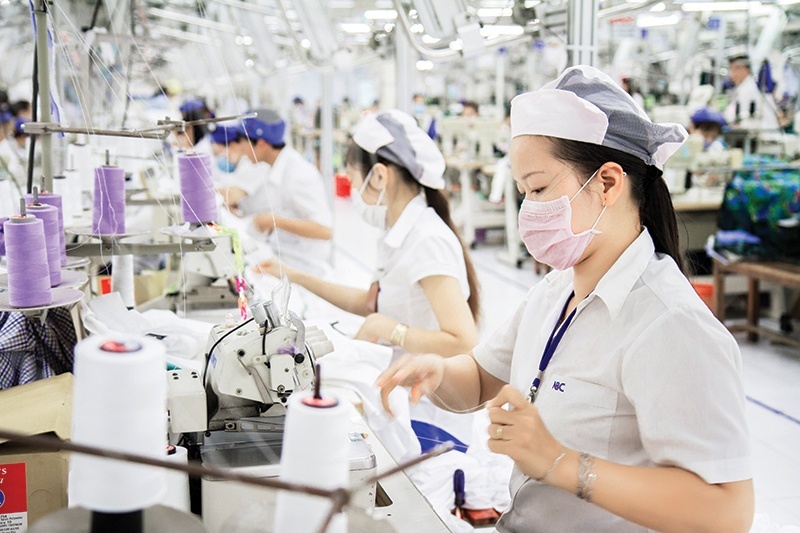
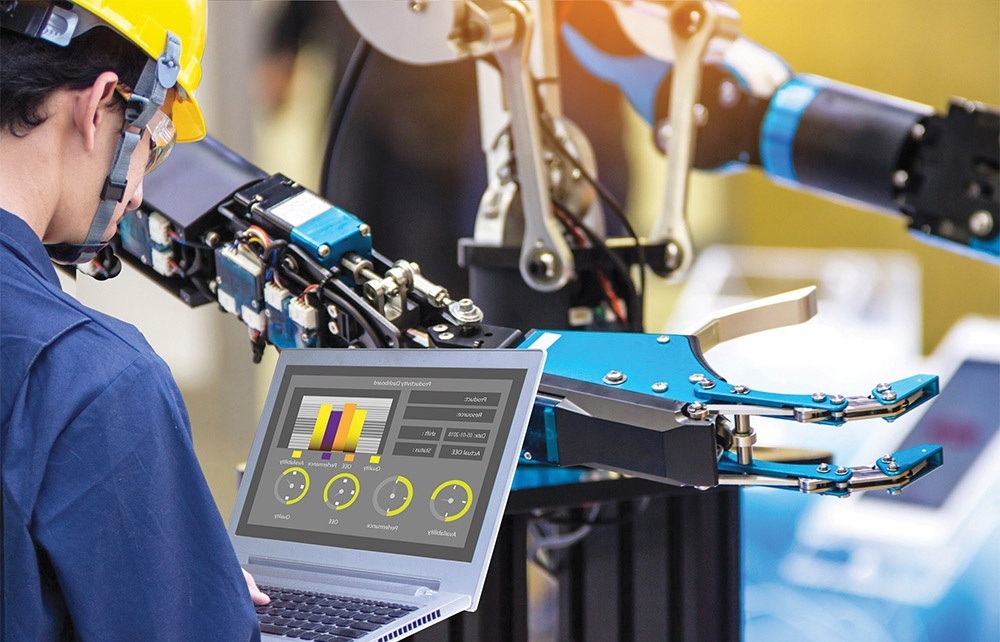



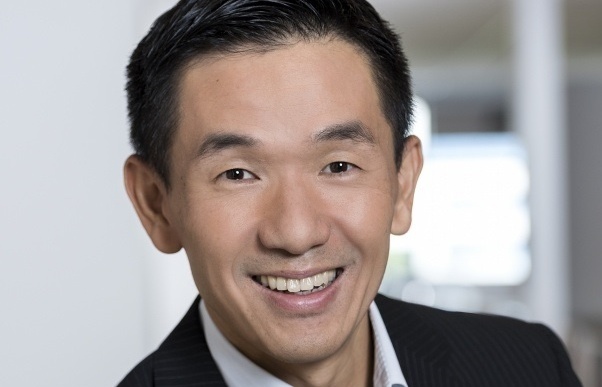
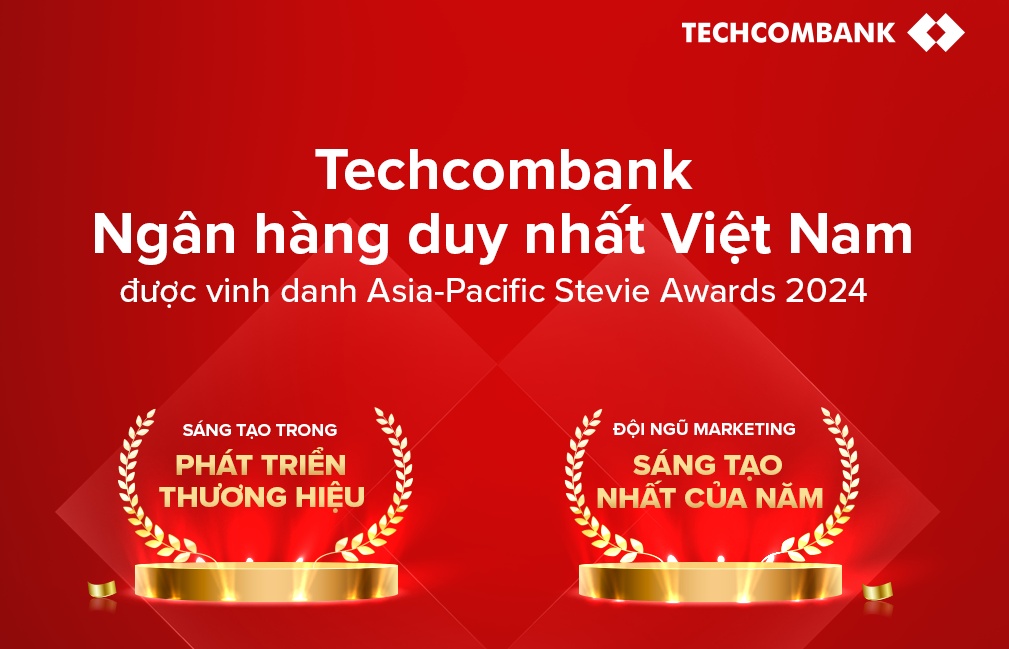
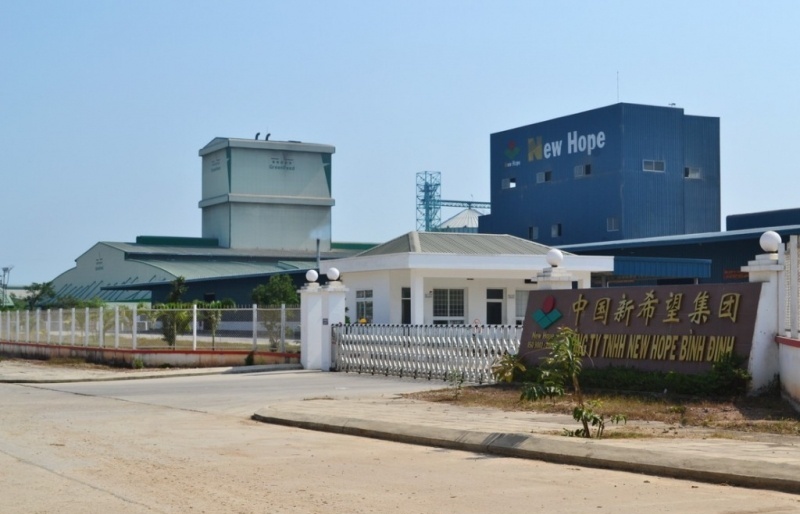



 Mobile Version
Mobile Version